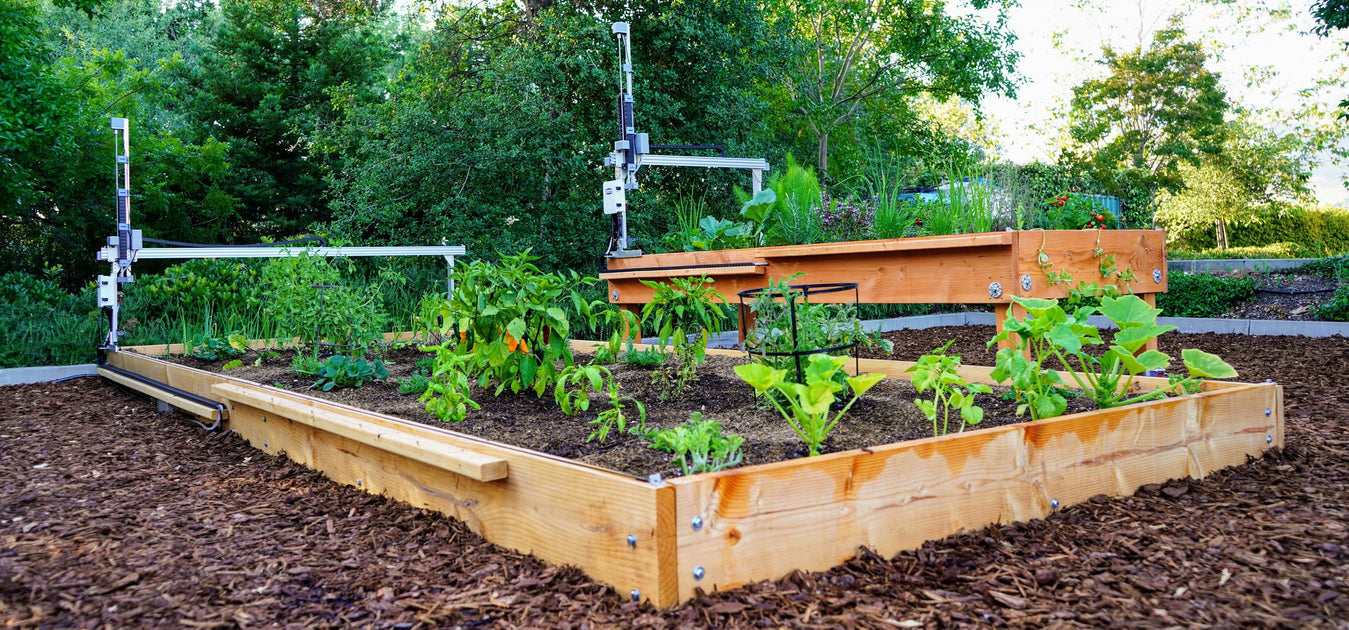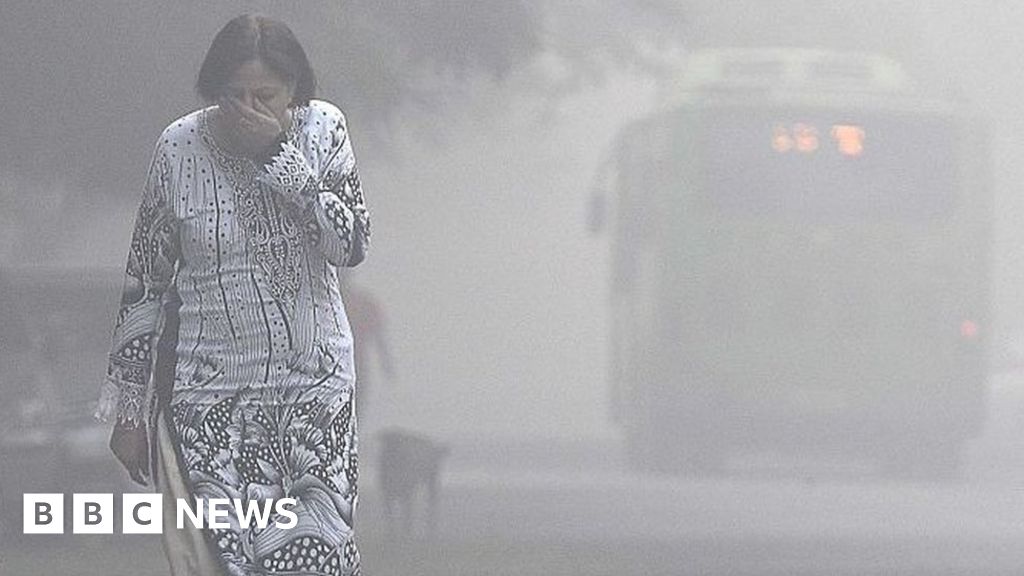infiniteConciously
Member
Some interesting views in here, talking about the expansion of agriculture...
Brilliant video, balanced viewsSome interesting views in here, talking about the expansion of agriculture...
Although it did say 70% of soya is grown for livestock which I'm pretty sure isn't right as Soya is grown for it's oil which is used in human foods & the waste , which probably is 70%, is then fed to livestock , this is being said in most reports & does need correcting.Brilliant video, balanced views
Deffo an insightful thought provoking piece! Need to watch with a few pinches of salt I think. As everything is the fault of farming apparently. but deffo thought provoking!Brilliant video, balanced views
Yep - totally agree... they forgot to add about the rampant building of housing everywhere and the impact that has had on world as well. But yeah pinches of saltwater needed but deffo something to think about.Although it did say 70% of soya is grown for livestock which I'm pretty sure isn't right as Soya is grown for it's oil which is used in human foods & the waste , which probably is 70%, is then fed to livestock , this is being said in most reports & does need correcting.
Also it said 70% of land is used for livestock production , again but of a half truth as crops that don't meet the grade for human consumption are fed to livestock, so instead of being wasted they are used for food for livestock which in turn feed us. Also waste food produces more methane than cattle so in theory if waste food is fed to cattle there is a cut in methane emissions
Another thing that was missed out is livestock produce 60% of the world's fertilisers...Naturally
So the piece was well balanced but still missing some of the truths that need to be told.
I think your right & the opposite effect probably did the damage ( moving from horses/ small tractors to large tractors & machinery ).Deffo an insightful thought provoking piece! Need to watch with a few pinches of salt I think. As everything is the fault of farming apparently. but deffo thought provoking!
We hear loads about biodiversity, carbon, soil health, plant/crop health etc but we don't really hear that much about monocrop or even multicrop farming.
I think the transition from large scale tractors to smaller human sized alternatives that are AI powered with less human oversight provide us in agriculture to rethink how we farm and impacts we have on nature.
For example, when we think about soil health, the industry is considering things from the perspective of monocrop farming... BUT if they were to adjust the thinking slightly from a seed sowing perspective... maybe they need to tinker with the soil differently!! anyway... just a couple of thoughts out loud.
Yes a river down here has been polluted and their blaming the amout of run off from the large amounts of housing developments along the river.Yep - totally agree... they forgot to add about the rampant building of housing everywhere and the impact that has had on world as well. But yeah pinches of saltwater needed but deffo something to think about.
Its soo strange how we are digitising EVERYTHING... us humans are def a weird bunch if you ask me!
I've never noticed that before! Will have to watch it with the kids and point it out... lolI think your right & the opposite effect probably did the damage ( moving from horses/ small tractors to large tractors & machinery ).
So actually yes transferring back to smaller robots may bring its advantages.
I often picked up in the wizard of oz ( early 1950s film ) that the crops were grown in mixed rows ( 3 or 4 crops grown in one field in individual rows) , recently learnt this was a native American practice & that science is now catching up & saying that is the way we should grow thingsbut machinery now has to catch up the science as its been designed to plant one crop at a time.
Yes a river down here has been polluted and their blaming the amout of run off from the large amounts of housing developments along the river.
They gave now banned further building near the river.


Wow look how much beef & dairy use! And yet those 2 livestock industries get 99% of the blame
Any help to anyone? I wonder if the misinformation about soya is because of noticing big numbers, but not noticing their context. Processing soya is to extract that small amount of oil from it.
Sadly you misunderstand the figuresBrilliant video, I've seen agroforestry on a small scale that hadn't worked & couldn't see what they were trying to achieve but it was being done in a mature wood sobI guess probably to dark?
There is someone in Devon that is multilayer farmering you've now sparked my interest to look into it further
Wow look how much beef & dairy use! And yet those 2 livestock industries get 99% of the blame
Sadly you misunderstand the figures
Those figure are 44 and 35% of the 6% of whole soya which goes for food use.
7% of whole soya goes direct for animal feed
Of the rest, the oil is 19% of which 99% goes for human use and fuel
Of the remaining cake which is 81% of 87% , 99% goes for animal use less than 1%of which is for beef production
82% for pig and poultry ( approximately 60% of the whole crop)
A further 2% of cake goes into dairy
Yes that's the way I read it & yet Beef mainly getting the blame for Soya being grown. ( it was a sarcastic Wow )Sadly you misunderstand the figures
Those figure are 44 and 35% of the 6% of whole soya which goes for food use.
7% of whole soya goes direct for animal feed
Of the rest, the oil is 19% of which 99% goes for human use and fuel
Of the remaining cake which is 81% of 87% , 99% goes for animal use less than 1%of which is for beef production
82% for pig and poultry ( approximately 60% of the whole crop)
A further 2% of cake goes into dairy
Shouldn’t the cake(81% of which goes to feed animals) be rather a bi-product of oil production?Is it not made of the ‘ left-overs’?Sadly you misunderstand the figures
Those figure are 44 and 35% of the 6% of whole soya which goes for food use.
7% of whole soya goes direct for animal feed
Of the rest, the oil is 19% of which 99% goes for human use and fuel
Of the remaining cake which is 81% of 87% , 99% goes for animal use less than 1%of which is for beef production
82% for pig and poultry ( approximately 60% of the whole crop)
A further 2% of cake goes into dairy
Yes and another factor is the moisture in the unprocessed beans will all be left in the residue.Shouldn’t the cake(81% of which goes to feed animals) be rather a bi-product of oil production?Is it not made of the ‘ left-overs’?

